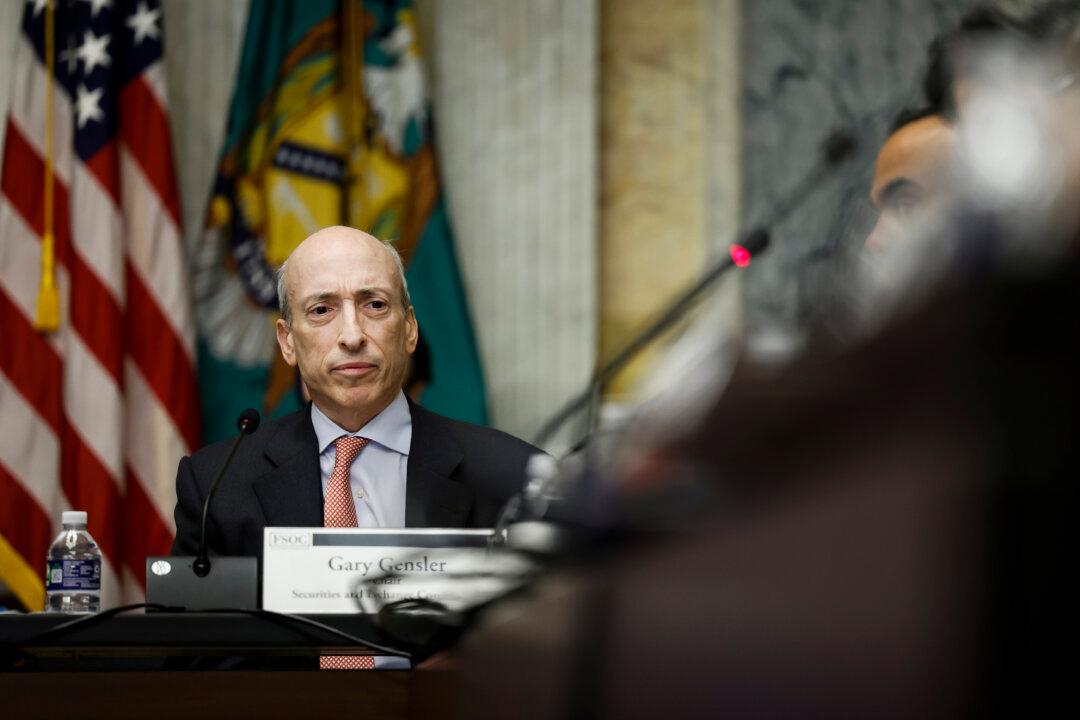Securities and Exchange Commission (SEC) head Gary Gensler does not want the U.S. financial system to return to the 1920s, a time before the government adopted federal securities laws.
Gensler delivered a virtual keynote address to the Piper Sandler Global Exchange & FinTech Conference in New York on June 8, providing a combative defense of his agency’s latest actions against the cryptocurrency industry, accusing crypto exchanges Binance and Coinbase in lawsuits of operating illegally and trading in unregistered securities.





